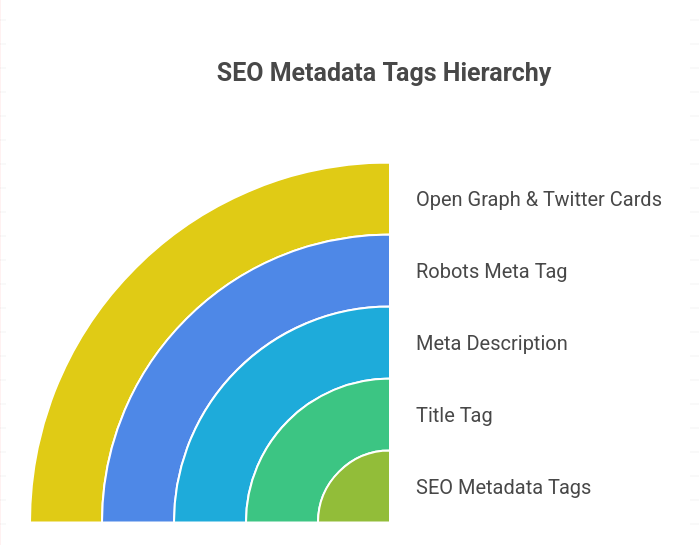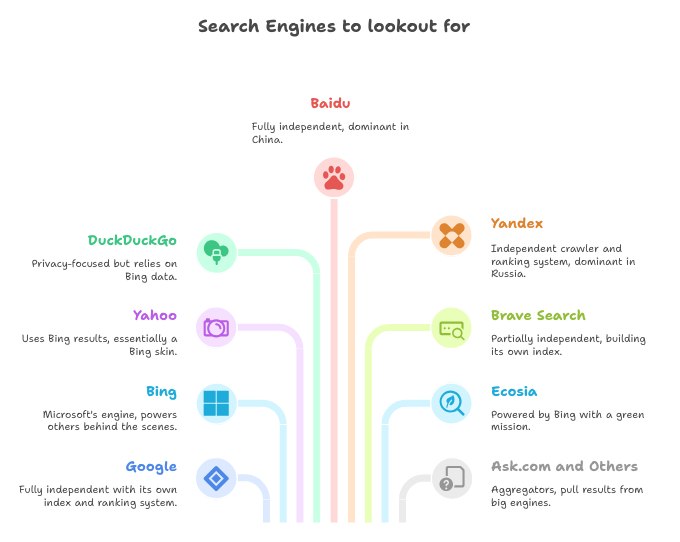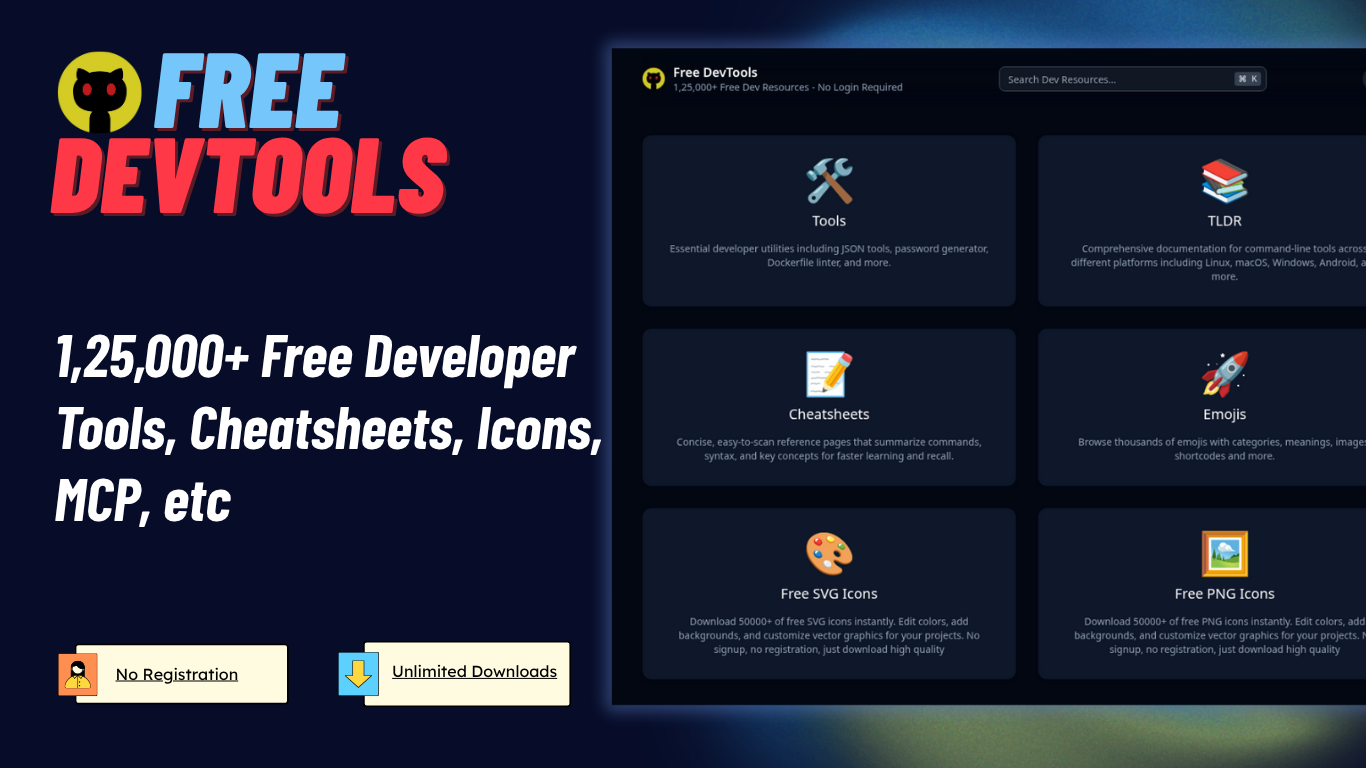Control the SEO Ecosystem: Tags, Sitemaps, Backlinks, and Who Really Controls Search
A practical guide to metadata, sitemaps, authority, search engines, and how it all actually connects
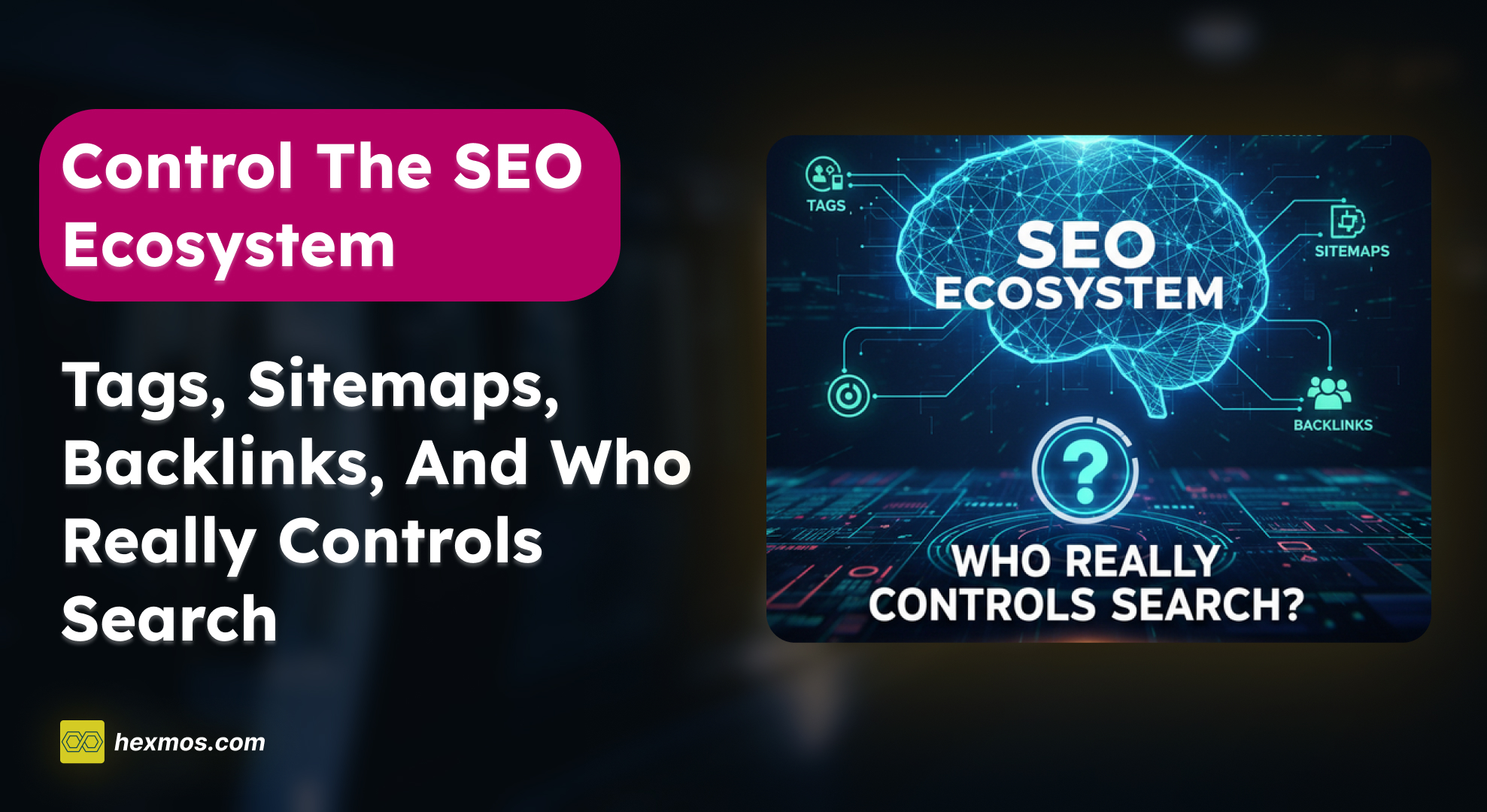
Most SEO advice jumps straight into keywords and backlinks. Those matter, but SEO is really a bunch of smaller building blocks working together. Things like metadata tags, sitemaps, how search engines display your pages, link authority, and even how search engines themselves operate.
1. Understanding SEO Metadata Tags
Metadata tags are little snippets in your HTML that tell search engines and social platforms how to display your pages.
Title Tag
Defines the main title shown on search results and the browser tab.
<title>Beginner’s Guide to Python Programming</title>
Keep it short, descriptive, and include your main keyword when it makes sense.
Meta Description
Displayed under the title in search results. It does not affect rankings directly, but it affects clicks, which indirectly affects SEO.
<meta name="description" content="Learn Python programming from scratch with this beginner friendly guide covering basics, examples, and best practices.">
Robots Meta Tag
Controls whether a page should be indexed or not.
<meta name="robots" content="noindex, nofollow">
Open Graph & Twitter Cards
These control how your content appears when shared on platforms like Facebook, LinkedIn, or Twitter.
<meta property="og:title" content="Beginner’s Guide to Python Programming">
<meta name="twitter:card" content="summary_large_image">
Canonical Tag
Prevents duplicate content confusion by pointing search engines to your preferred URL.
<link rel="canonical" href="https://example.com/python-guide">
2. Sitemaps and How They Work
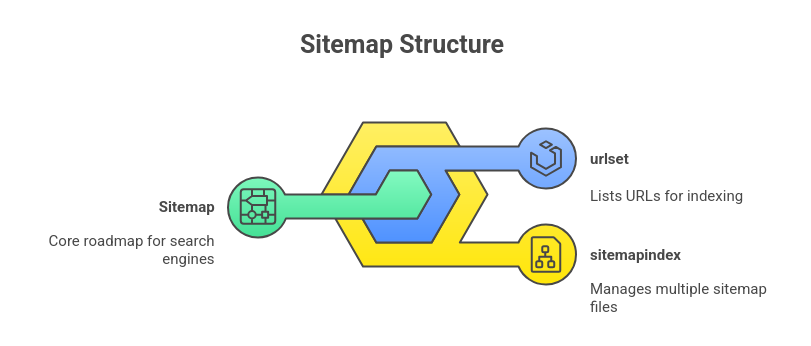
A sitemap is like a roadmap for search engines.
urlset
Used to list all URLs you want indexed.
<urlset xmlns="http://www.sitemaps.org/schemas/sitemap/0.9">
<url>
<loc>https://example.com/</loc>
<lastmod>2025-09-18</lastmod>
<changefreq>daily</changefreq>
<priority>1.0</priority>
</url>
</urlset>
sitemapindex
For large websites that split their sitemap into multiple files.
<sitemapindex xmlns="http://www.sitemaps.org/schemas/sitemap/0.9">
<sitemap>
<loc>https://example.com/sitemap-blog.xml</loc>
</sitemap>
</sitemapindex>
3. How Search Results Are Displayed
When you see a Google result, it mainly consists of:
- The blue title (usually your
<title>tag, but not always) - The description (usually your meta description, but again, not always)
Google will rewrite either one if it thinks something else fits better. That is why keeping both clear and readable matters.
4. Authority and Backlinks
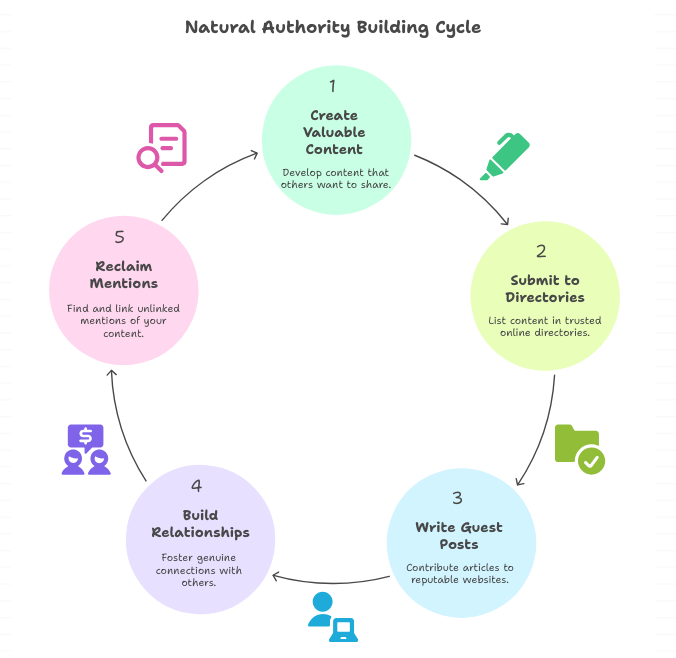
Authority is simply trust. Search engines reward sites that other respected sites link to.
What to do
- Create content worth linking to
- Submit to trusted directories
- Write guest posts
- Build real relationships
- Reclaim unlinked mentions
What to avoid
- Paying for shady backlinks
- Automated link swaps
- Overusing exact match anchors
Authority grows slowly but consistently when you earn links naturally.
5. The Role of lastmod
The lastmod field in sitemaps tells search engines when a page was last updated.
<lastmod>2025-09-25</lastmod>
Only update it when the content actually changes. Do not fake freshness just to get crawled.
6. Canonical URLs and Duplicate Content
If your page can be accessed through multiple URLs, search engines may get confused.
<link rel="canonical" href="https://example.com/products/shoes" />
This tells them which version to index and rank. Simple but powerful.
7. Search Engine Ecosystem — Who Is Truly Independent?
Not all search engines are actually independent. Many rely on bigger players behind the scenes.
Fully independent. Runs its own index and ranking system.
Bing
Microsoft’s search engine. Also powers others behind the scenes.
Yahoo
Uses Bing results. It is essentially a Bing skin now.
DuckDuckGo
Great for privacy, but relies heavily on Bing data with some extras from places like Wikipedia.
Baidu
The Google of China. Fully independent.
Yandex
Dominant in Russia. Independent crawler and ranking system.
Brave Search
Partially independent. Started with Bing, building more of its own index over time.
Ecosia
Searches powered by Bing, just with a green mission layered on top.
Ask.com and Others
Mostly aggregators. They pull search results from big engines instead of crawling the web themselves.
Final Thoughts
SEO is not about gaming algorithms. It is about communication.
- Metadata tells search engines what your page is about
- Titles and descriptions tell humans why they should click
- Sitemaps tell crawlers where to go
- Canonicals prevent confusion
- Backlinks act as recommendations
- Search engines themselves are fewer and more interconnected than people think
If you understand these basics and apply them consistently, most of SEO becomes straightforward.
I’ve been building for FreeDevTools.
A collection of UI/UX-focused tools crafted to simplify workflows, save time, and reduce friction in searching tools/materials.
Any feedback or contributors are welcome!
It’s online, open-source, and ready for anyone to use.
👉 Check it out: FreeDevTools
⭐ Star it on GitHub: freedevtools
Let’s make it even better together.

